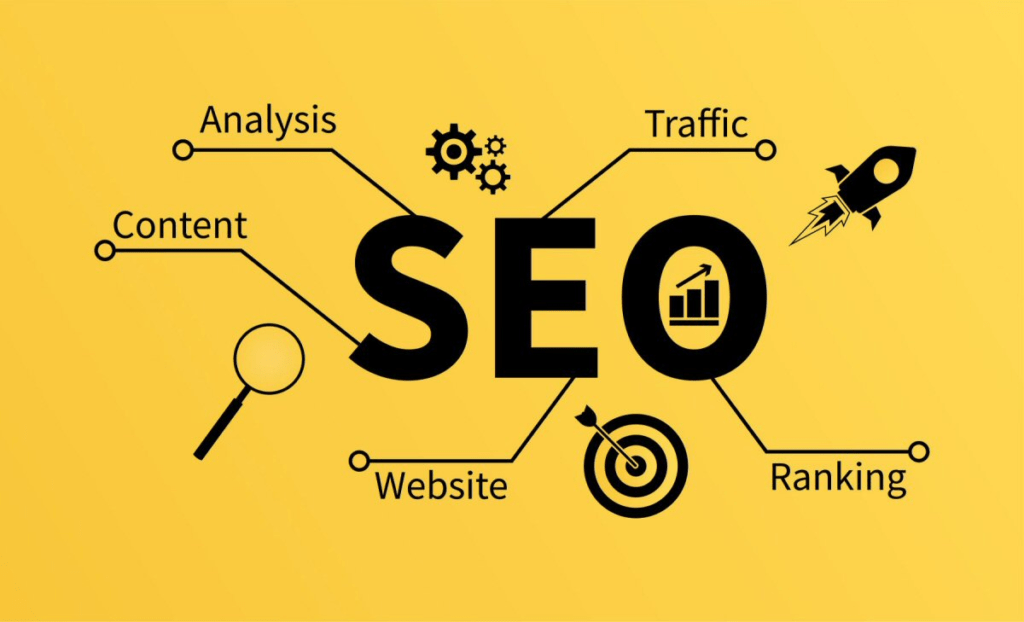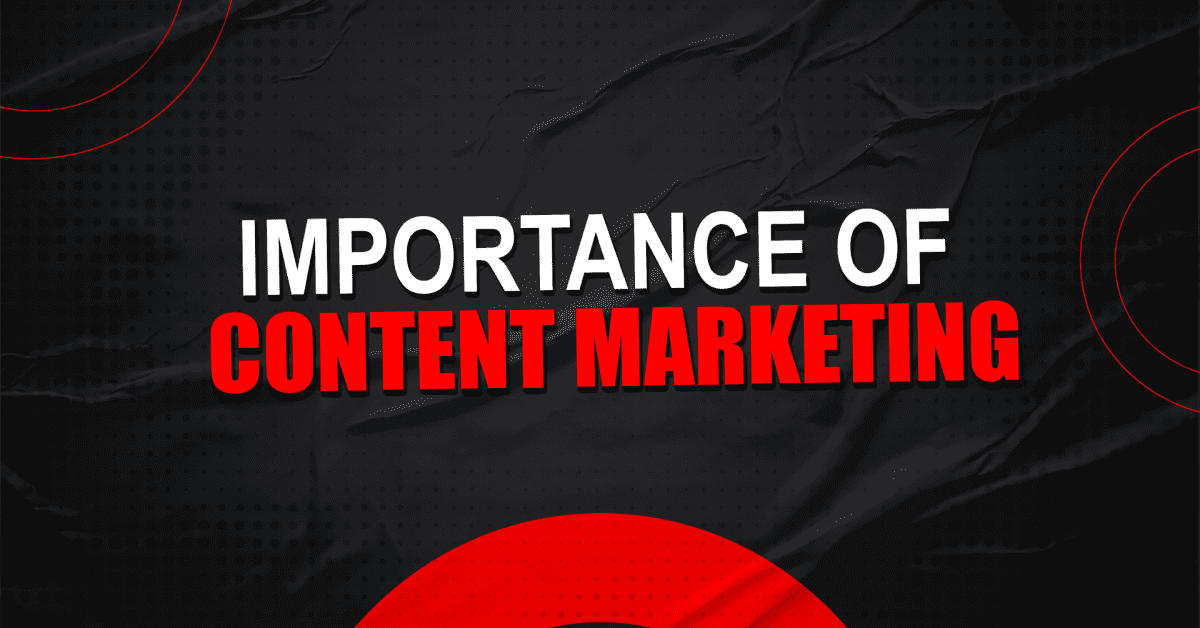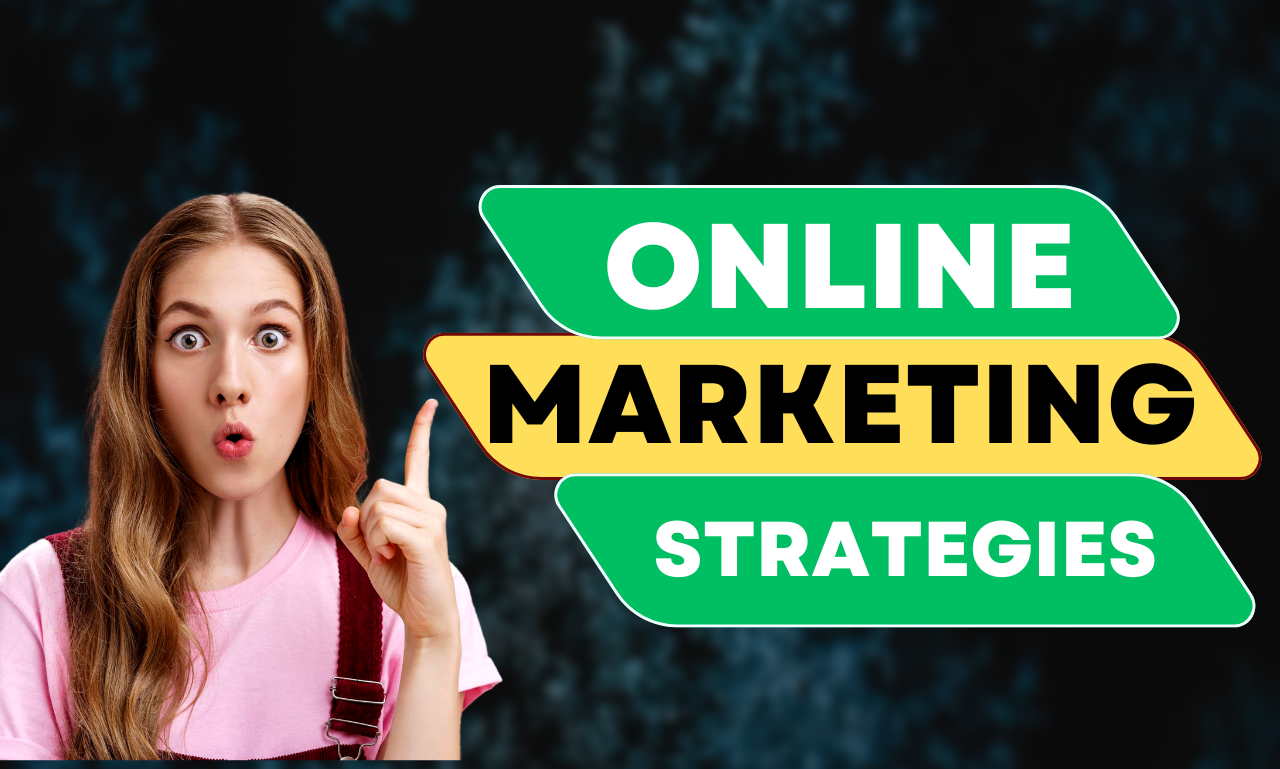Content marketing has become an essential part of modern marketing strategies. It involves creating and sharing valuable content to attract and engage your target audience. But why is content marketing so important? This article explores nine key reasons why businesses should prioritize content marketing in their overall strategy.
Table of Contents
Why Content Marketing is Important
Content marketing is essential for businesses to build credibility, engage their audience, and drive conversions effectively. By consistently delivering valuable and relevant content, businesses can establish themselves as industry leaders, earning trust and loyalty from their customers. Unlike traditional advertising, content marketing focuses on providing solutions and information that consumers actively seek, thereby nurturing long-term relationships and driving sustainable growth in today’s competitive market. Here’s why content marketing is important:
- Builds Brand Awareness: Content marketing keeps your brand top-of-mind through regular engagement.
- Establishes Authority and Credibility: High-quality content positions your brand as an industry expert, fostering trust.
- Improves SEO and Organic Search Visibility: Regular, relevant content boosts your website’s visibility in search engine results.
- Generates Leads and Conversions: Valuable content attracts potential customers and serves as effective lead magnets.
- Engages and Retains Your Audience: Interactive and diverse content formats keep your audience engaged and loyal.
- Supports Other Marketing Strategies: Content marketing integrates smoothly with social media, email, and paid ads.
- Cost-Effective Compared to Traditional Advertising: Content marketing offers higher ROI and long-term benefits at a lower cost.
- Provides Valuable Insights and Data: Analytics tools provide actionable insights into audience behavior and preferences.
- Fosters Stronger Customer Relationships: Personalized content helps build deeper connections and enhances customer loyalty.
Builds Brand Awareness
Content marketing is crucial for building brand awareness. By consistently publishing content that resonates with your audience, you ensure that your brand remains top-of-mind. Whether it’s blog posts, social media updates, or videos, each piece of content contributes to making your brand recognizable.
Building brand awareness is not just about making sure people know your name; it’s about ensuring they remember and think of your brand when they need products or services in your niche. Regular content creation helps keep your brand in the spotlight, enhancing recognition and recall.
Example
Take Coca-Cola’s “Share a Coke” campaign. By personalizing bottles with names and creating engaging content around it, they not only boosted sales but also increased brand visibility worldwide.

This campaign was successful because it combined traditional advertising with social media and user-generated content, creating a holistic approach to brand awareness.
Establishes Authority and Credibility
Creating high-quality content positions your brand as an authority in your industry. When you regularly provide valuable information, people start to trust your expertise. This credibility is crucial for building a loyal customer base.
Authority is not just about knowledge; it’s about demonstrating that you are the go-to source for information in your industry. High-quality, informative content shows that you understand your field deeply and are committed to sharing that knowledge with your audience.
Example
HubSpot is a prime example. Through its extensive library of marketing, sales, and customer service resources, HubSpot has established itself as a go-to authority in digital marketing. Their content includes detailed blog posts, how-to guides, eBooks, and webinars that provide immense value to their audience, reinforcing their position as industry leaders.
Improves SEO and Organic Search Visibility
Search engines love fresh, relevant content. By consistently updating your site with new content, you improve your search engine rankings. Content marketing and SEO go hand-in-hand, as well-optimized content helps you appear higher in search results, driving more organic traffic to your site.

SEO is an ever-evolving field, but one constant is the need for quality content. Search engines like Google aim to provide users with the most relevant and valuable information. Regularly publishing content that answers questions, solves problems, and provides insights helps improve your search visibility.
SEO Tips
- Keyword Research: Identify keywords relevant to your audience. Use tools like Google Keyword Planner or SEMrush to find terms your audience is searching for.
- Quality Content: Write in-depth articles that provide real value. Long-form content often performs better in search engines because it tends to be more comprehensive.
- Backlinks: Earn links from reputable sites to boost your credibility. High-quality backlinks act as votes of confidence from other websites, enhancing your site’s authority.
Generates Leads and Conversions
Content marketing is a powerful tool for lead generation. By offering valuable content, you can attract potential customers and guide them through your sales funnel. Content like eBooks, whitepapers, and webinars can be used as lead magnets to capture information from prospects.

Lead generation is about providing value before asking for something in return. When you offer valuable content for free, such as an informative eBook or a webinar, you not only attract potential customers but also build trust and credibility.
Statistics
According to Demand Metric, content marketing generates three times as many leads as traditional marketing while costing 62% less. This statistic highlights the efficiency and cost-effectiveness of content marketing in generating leads and driving conversions.
Engages and Retains Your Audience
Engagement is crucial for building relationships with your audience. Content marketing provides numerous ways to engage with your audience, from interactive quizzes to compelling videos. The more engaged your audience is, the more likely they are to become repeat customers.

Engagement is about creating a dialogue with your audience. It’s not just about pushing content out but also about encouraging interaction and feedback. Engaging content keeps your audience coming back for more, fostering loyalty and retention.
Strategies
- Interactive Content: Use quizzes, polls, and infographics to engage your audience. Interactive content is more engaging and can provide valuable insights into your audience’s preferences.
- Storytelling: Share stories that resonate with your audience. People connect with stories on an emotional level, making your content more memorable.
- Multimedia: Incorporate videos and podcasts to diversify your content. Different formats appeal to different segments of your audience and can increase engagement.
Supports Other Marketing Strategies
Content marketing doesn’t operate in a vacuum. It supports and enhances other marketing strategies such as social media, email marketing, and paid advertising. High-quality content provides the foundation for these strategies, making them more effective.
Integrated marketing is about ensuring all your marketing efforts work together harmoniously. Content is the glue that holds various strategies together, providing consistent messaging and reinforcing your brand’s value proposition across different channels.
Integration
- Social Media: Share blog posts and infographics to engage followers. Social media platforms are ideal for distributing content and reaching a wider audience.
- Email Marketing: Use content to nurture leads and drive conversions. Regular newsletters with valuable content keep your audience informed and engaged.
- Paid Ads: Promote valuable content to reach a broader audience. Paid advertising can drive traffic to your content, increasing its visibility and impact.
Cost-Effective Compared to Traditional Advertising
Traditional advertising can be expensive, and its effectiveness is often short-lived. Content marketing, on the other hand, provides long-term benefits and a higher return on investment (ROI). Once you publish a piece of content, it can continue to attract traffic and generate leads for years.
The cost-effectiveness of content marketing lies in its longevity. While traditional ads stop providing value once the campaign ends, content can keep attracting and engaging your audience over time.
Comparison
- Traditional Advertising: High cost, short lifespan. Examples include TV commercials, print ads, and billboards, which often require significant investment for a limited exposure period.
- Content Marketing: Lower cost, long-term benefits. A single blog post, for example, can continue to generate traffic and leads for years after it’s published.
Provides Valuable Insights and Data
Content marketing offers valuable insights into your audience’s preferences and behaviors. By analyzing how users interact with your content, you can make informed decisions to improve your strategy. Tools like Google Analytics and heatmaps help you track performance and adjust your content accordingly.

Data-driven marketing is essential in today’s competitive landscape. Understanding what content resonates with your audience helps you refine your strategy, produce more effective content, and ultimately achieve better results.
Tools
- Google Analytics: Track traffic and user behavior on your site. This tool provides detailed insights into how visitors interact with your content, including which pages are most popular and where traffic is coming from.
- Heatmaps: Understand how users interact with your site. Heatmaps visually represent where users click and scroll, helping you optimize your content layout and design.
- Social Media Insights: Monitor engagement and feedback. Social media platforms provide analytics that shows how your content is performing in terms of likes, shares, comments, and more.
Fosters Stronger Customer Relationships
Building strong relationships with your customers is crucial for long-term success. Content marketing allows you to connect with your audience on a deeper level. By providing valuable and relevant content, you show that you understand their needs and are committed to helping them.
Customer relationships are built on trust and value. When you consistently deliver content that helps your audience solve problems or achieve their goals, you strengthen their trust in your brand.
Personalization
- Targeted Content: Create content for specific audience segments. Personalizing your content based on the needs and interests of different segments can increase its relevance and impact.
- Engagement: Respond to comments and feedback to build a community. Engaging with your audience in the comments section or on social media shows that you value their input and are willing to interact with them.
- Loyalty Programs: Use content to enhance loyalty programs and reward your customers. Exclusive content, such as special offers, behind-the-scenes looks, or advanced access to new products, can make your loyal customers feel valued and appreciated.
Content marketing is a multifaceted strategy that offers numerous benefits. From building brand awareness to fostering customer relationships, its importance cannot be overstated. Integrating content marketing into your overall strategy can improve your SEO, generate leads, engage your audience, and ultimately drive more conversions.
Content marketing is not just a trend; it’s a vital component of modern marketing. Businesses prioritizing content marketing will be better positioned to succeed in today’s competitive landscape. So, start creating valuable content today and watch your brand grow!
Additional Resources
- Further Reading: “The Ultimate Guide to Content Marketing” by HubSpot. This comprehensive guide covers everything you need to know about content marketing, from strategy development to execution and measurement.
- Tools: Google Analytics, SEMrush, Canva. These tools can help you create, optimize, and measure the performance of your content.
- Consulting Services: Contact us for personalized content marketing strategies. Our experts can help you develop and implement a content marketing plan tailored to your business needs.
By focusing on these nine key reasons, you can understand the immense value that content marketing brings to your business. Start leveraging the power of content marketing and see the difference it makes in your overall marketing efforts.



